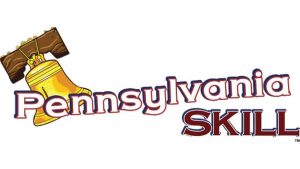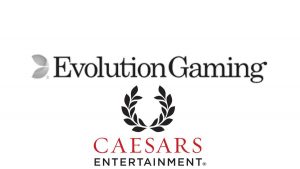Pennsylvania inches closer to finally having legal online gambling in the state following some very impressive developments with the most recent being the Pennsylvania Gaming Control Board’s Wednesday move to approve a number of groups of temporary regulations. All these regulations related to online poker and casino games in Pennsylvania. In addition to this, the gaming control board also approved regulations that were meant to govern daily fantasy sports in the state.
The board considered and approved a decent number of groups of regulations in relation to online gambling within the state’s borders. The provisions that were given a thumbs up related to; game testing and controls, live studio interactive gaming rules, advertising promotions and tournaments as well as the security and integrity of interactive gaming.
However, the issue of independent brand, also known as skins, was not touched during the Wednesday meeting and it is still uncertain whether the board will allow them to operate under each gambling license in Pennsylvania’s regulated online gaming market. The PGCB Executive Director Kevin O’Toole announced that there will be one more set of regulations to be discussed during the board’s next meeting scheduled for April 2. While it is not yet clear what the regulations will be about, it is expected that the issue of skins will be addressed appropriately then.
There has been a lot of uncertainty among regulators as it is still not known whether the state wants to have a model that is similar to New Jersey’s where multiple branded casinos are allowed to operate using a single license or if it wants to limit the number of branded casinos (or skins) that a given license holder can deploy for online gaming.
Mini-casino License Auction Postponed to April 4
Another result of Wednesday’s meeting was the postponement of the PGCB’s auction of a fifth mini-casino license to April 4 in Harrisburg. Pennsylvania is seeking to auction 10 mini-casino licenses to operators – these relatively smaller casinos can house up to 40 table games and 750 slot machines.
As it stands, four licenses have already been sold for the establishment of facilities in Lawrence, Westmoreland, Cumberland and York counties. $118 million in earnings came to the state for the sale and this number is certainly bound to get even higher once the remaining six licenses are sold off.





